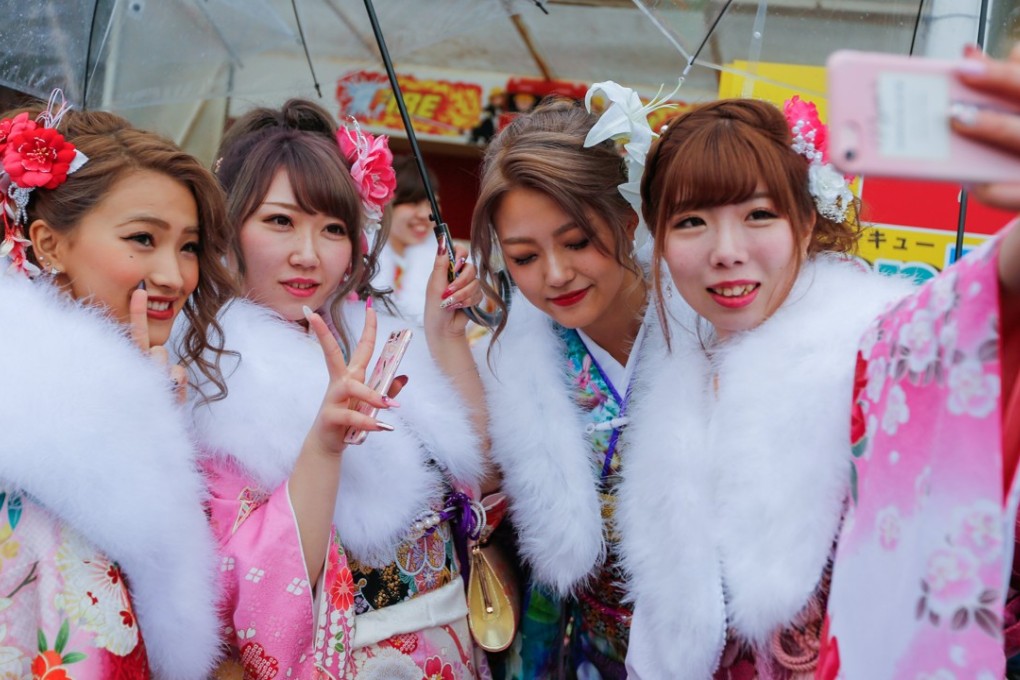Opinion | So much for Shinzo Abe’s ‘womenomics’. Japan Inc still has no place for women
Kevin Rafferty says the gender gap remains wide in Japan, despite Abe’s pledge to uplift women. The country is controlled by conservative men who keep women out of medical schools, boardrooms, and the line of succession to the throne

This should not be that surprising though. It is only the tip of the iceberg of Japan’s institutionalised discrimination against women throughout life. Japan Inc is tightly controlled by a closed, and frequently closed-minded, group of men, despite the fine promises of the constitution.
Japan’s constitution outlaws discrimination against women and guarantees equality between the sexes in education. However, in the World Economic Forum’s Global Gender Gap Report last year, Japan ranked 114th among 144 countries.
From the cradle to the high school graduation, Japanese girls have reached parity with boys. In the report, Japan came in first in equality in literacy, as well as enrolment in primary and secondary education. It also ranked first in healthy life expectancy.
In between, Japanese women have a rough time though. They are paid a third less than men for similar work, and their estimated earned income is 52 per cent of men’s. Only 20 per cent of doctors in Japan are women, lower than the average of 46 per cent for developed countries. In Japan, female representation in boardrooms of publicly traded companies is 3.4 per cent, according to the World Economic Forum. Only 12.4 per cent of the country’s legislators, senior officials and managers are women.
